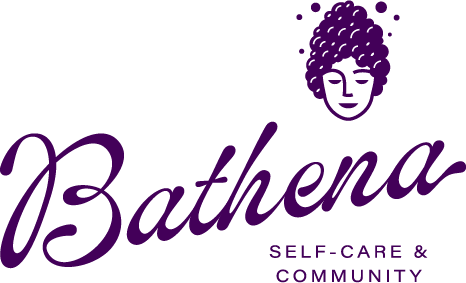Where does shea butter come from?
Shea butter comes from the nuts of the shea tree, also known as Butyrospermum parkii, which is native to West and Central Africa. The nuts are harvested from the tree, then roasted and ground to extract the butter.
What is shea butter used for?
It is used in cosmetics and personal care products such as lotions, creams, soaps, and hair conditioners. Shea butter is known for its moisturizing properties, as well as its ability to soothe and protect the skin from environmental factors. It is also used as a home remedy in the treatment of minor skin irritations, such as eczema and dermatitis. Additionally, shea butter is also used in cooking and food preparation as it can be used as a substitute for cooking oil and in baking.
Why use shea butter in handmade soap?
When used in soap-making, it helps to create a bar of soap that is gentle on the skin and provides a creamy lather. Shea butter is rich in fatty acids and vitamins, which help to nourish and moisturize the skin. Additionally, Shea butter is known to be gentle and mild, making it an ideal ingredient for those with sensitive skin. Shea butter has a long shelf life and can help to prolong the life of the soap.
Are there any studies for shea butter helping with eczema, and psoriasis?
There have been several studies that have shown that Shea butter may be effective in treating eczema and psoriasis.
A study published in the International Journal of Dermatology in 2002 found that a topical ointment containing 20% shea butter improved symptoms of eczema in adults.
Another study published in the Journal of Dermatological Treatment in 2015 found that a cream containing 10% shea butter improved symptoms of psoriasis in a group of adults.
A study published in the Journal of Cosmetic Dermatology in 2014 found that a moisturizer containing 10% shea butter improved skin hydration, elasticity, and overall skin condition in a group of adults with eczema.
It is important to note that Shea butter may not be effective for everyone, and it should be used in conjunction with other treatments recommended by a dermatologist.
It is also worth mentioning that these studies were done on a small scale and that further research is needed to confirm the effectiveness of shea butter on eczema and psoriasis.

